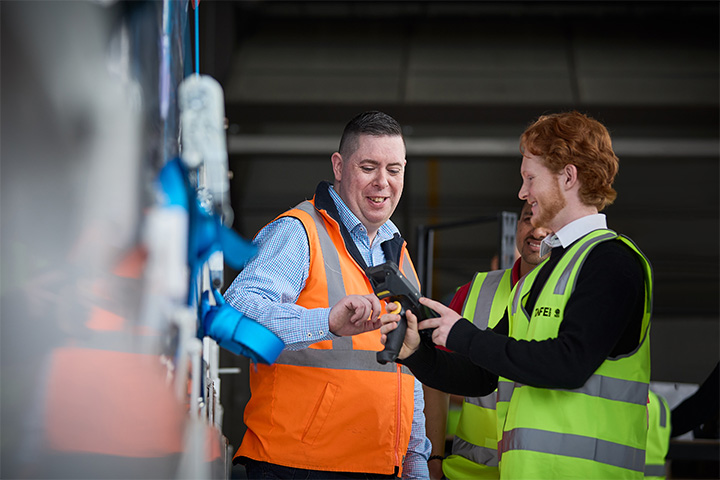Skip to main content
Start quiz
- Go to homepage
- Course areas
- Trade and Logistics
- Diploma of Customs Broking
Back to:Trade and Logistics

Overview
About this course
Step into the world of customs and be the eyes and ears checking goods coming into Australia from overseas. Learn how to operate customs clearance, apply biosecurity measures and understand the legal framework applying to customs broking procedures.
Outcomes
What you'll gain
Learning outcomes
Through a mixture of theory and practical course work, learn to:
Determine the correct customs tariff classification for goods using rules of interpretation
Understand biosecurity border clearance requirements and detect suspicious behaviours
Calculate the customs value of imported goods, the duty payable, indirect taxes and apply any duty and tax exemptions
Understand and interpret laws, regulations and policies applying to customs broking procedures for imports, exports and international trade agreements
Report cargo movements to border force, identify prohibited and restricted goods and decide if a valid permit is required
Determine the eligibility for refunds, rebates or remissions of customs duty and resolve disputes about tariff classifications, valuations and permits
Course outcomes
Gain practical experience and develop specialist skills that give you an advantage in the job market.
A nationally accredited Diploma that is accepted as the approved course of study to obtain a customs broking license
A pathway to further study in the logistics industry or customs and border administration
An understanding of customs regulations under the Customs Act 1901 (Cth) and related legislation
Specialist skills to clear cargo across Australian borders
Suitability
Is this course right for you?
Entry requirements
Some courses require evidence of previous experience or study before you can enrol.
- There are no entry requirements for this qualification. You can enrol today.
Completion requirements
During your study you’ll need to provide your teacher with the following evidence:
Entry recommendations
To be prepared for this course, we recommend that you have:
A basic understanding of the Australian legal framework
Strong English skills (Year 12 equivalent)
Digital literacy
An interest in logistics
You take charge of your learning and can finish tasks on time, by yourself.
You can read longer texts and understand their main ideas.
You can write short sentences and paragraphs that others can understand.
You can join group talks and share your ideas clearly.
You can solve maths problems you often see in real life.
You can use email, search the internet, and open files.
We tailor our courses to meet local community needs, so some campuses may have extra entry requirements. Check your preferred location for details. Need help preparing? Contact us for support.
Find Your Fit
This simple tool guides you to a suitable course level based on your foundation skills and confidence.
Pathways
Future career and study options
Career pathways
Our graduates go onto roles like: customs compiler, customs classifier and nominee customs broker.
Licensing
Although a licence is not compulsory to work in all jobs in the customs broking industry, you are able to apply for a customs broking licence when you successfully complete this course. Visit the Australian Border Force website for more information. Although completing this course is one requirement to apply for a customs broking license, it's not the only requirement. Completing the Diploma of Customs Broking doesn't guarantee that you'll successfully get a license. After submitting your written application for a customs broking license, the Australian Border Force may also request an interview or direct you to gain more experience first. This is in addition to any other requirements the Australian Border Force may have. Customs broker licences are issued by the Comptroller-General of Customs, on the recommendation of the National Customs Brokers Licensing Advisory Committee (NCBLAC). More information on the NCBLAC interview process can be found on the Australian Border Force website.
Study pathways
Take your study further with other courses offered at TAFE NSW:
Previous study0 Courses
Begin here to gain experience and confidence in this study area.
The Diploma of Customs Broking does not have any pre-requisite courses.
Further study0 Courses
Advance your skills to take your career to the next level
The Diploma of Customs Broking does not have any post-graduate courses.
Related study0 Courses
Strengthen your expertise and gain specialist skills to expand your employability.
The Diploma of Customs Broking does not have any related courses.
Your experience counts
At TAFE NSW, we recognise your previous study and work experience. You can apply for recognition of prior learning or a credit transfer with any of our courses. If you're successful you'll get your qualification faster.
Units
Units taught in this course
Courses are made up of a combination of both core and specialty units. In the Diploma of Customs Broking qualification, you’ll need to successfully complete 14 units of competency, including 14 core and 0 speciality units.
Please note, not all specialty units are offered at every TAFE NSW location. It is highly recommended that you check with your preferred campus for information about the specialty units offered at that location.
Core units - 14
Core units are central to the job outcomes of a particular industry or occupation. These are the units industry has agreed are essential to be capable and qualified at a particular study level.
Comply with biosecurity border clearanceTLIX0008
Apply knowledge of border clearance fundamentalsTLIX0035
Determine tariff classification of goodsTLIX0036
Apply border clearance proceduresTLIX0037
- ... 4
TAFE NSW services
Facilities and support
TAFE NSW provides support services across all campus locations and online. Whatever your needs or circumstances, we have the people, resources, counselling and facilities to support you in focusing on your studies.
TAFE NSW Disability Support Service
TAFE NSW Language, Literacy and Numeracy (LLN) support
TAFE NSW Aboriginal Support; Learner support (ABE)
TAFE NSW Careers, Counselling and Pathways Service
TAFE NSW Libraries
Scholarship programs - be supported as you explore your talents and fulfil your potential
Read&Write literacy and study support software is available free for all TAFE NSW students to use while studying on campus and at home
LinkedIn Learning - an online resource which offers innovative courses and tutorials to improve your personal and professional skills
Student associations - get social with our student community
Study options